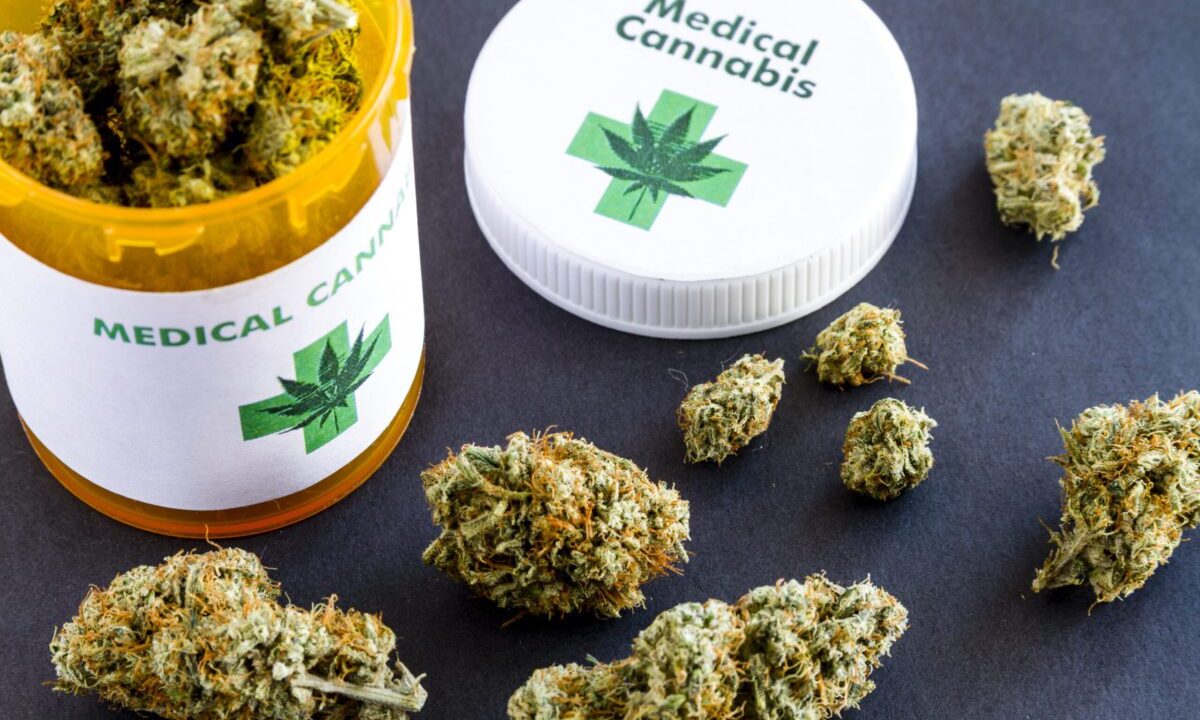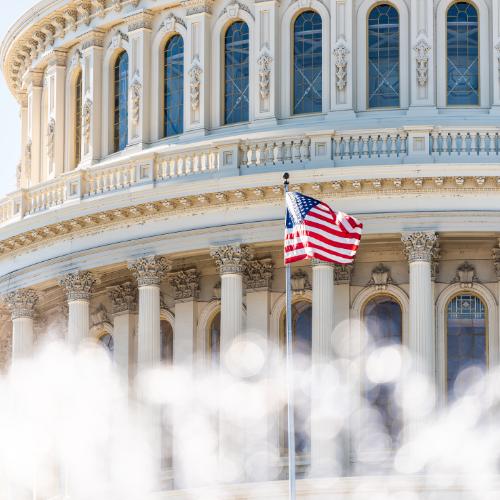Making gummy edibles at home is a fun and rewarding experience that allows you to control the ingredients and potency. This guide walks you through the complete process of creating delicious gummy treats from start to finish. You’ll learn how to pick the right ingredients, properly infuse cannabis, set your mixture correctly, and store your finished products. These simple steps will help you create tasty gummies that you can enjoy safely, especially when you source quality ingredients from the best weed dispensary. Choosing the Right Ingredients The key to great gummy edibles starts with picking quality ingredients. You’ll need high-quality gelatin to achieve the perfect chewy texture that makes gummies so satisfying. Look for unflavored gelatin powder at your local grocery store. Natural fruit juices work best for flavoring – try orange, grape, or berry juices for bright, tasty results. Add sweetness with honey, agave syrup, or simple sugar syrup. Some recipes also call for citric acid to give your gummies a nice tart bite. Having all your ingredients ready before you start makes the process much smoother and helps you avoid mistakes. Infusing Cannabis Into Gummies Adding cannabis to your gummies requires careful preparation and attention to dosing. Start by decarboxylating your cannabis in the oven at 240°F for about 40 minutes to activate the THC. Next, infuse the decarbed cannabis into coconut oil or butter using low heat for 2-3 hours. Strain out all plant material through cheesecloth to get clean oil. Calculate your dosage carefully – start with small amounts and test potency before making large batches. Mix the cannabis oil thoroughly into your gummy base to ensure even distribution. Always label your finished products clearly and keep them out of the reach of children and pets. Setting the Gummy Mixture Pour your gummy mixture into molds carefully to get evenly shaped treats. Fill each mold cavity, but avoid overfilling, as this can cause messy edges. Tap the molds gently on your counter to release air bubbles that might create holes in your gummies. Let them sit in the refrigerator for at least 2 hours, or until they are firm to the touch. The setting time depends on the size of your molds and the thickness of your mixture. Silicone molds work best because they’re flexible and make removing gummies easier. Clean molds thoroughly before use to prevent any off-flavors in your finished product. Cutting and Storing Your Gummy Edibles Proper cutting and storage keep your gummy edibles fresh and potent for weeks. Use these simple storage tips: Cutting: Use a sharp knife with cooking spray to prevent sticking when cutting large sheets Storing: Keep gummies in airtight containers at room temperature for up to two weeks Freezing: Store in freezer bags for up to three months for long-term storage Thawing: Move frozen gummies to the refrigerator overnight for the best texture Flavor Variations and Customizations Get creative with flavors to make your gummies unique and exciting. Try adding citrus zest for a fresh taste or a pinch of chili powder for a hint of heat. Herbal extracts, such as lavender or mint, create relaxing flavors. Tropical options include coconut, pineapple, or mango for sunny vibes. Mix different fruit juices or add real fruit puree for intense flavors. You can also experiment with flavor combinations – try strawberry-lime or cherry-vanilla for interesting twists. Start with small test batches when trying new flavors to avoid wasting ingredients. Keep notes on what works so you can recreate your favorites later. Related Topics: How Long Do Edibles Take to Wear Off













